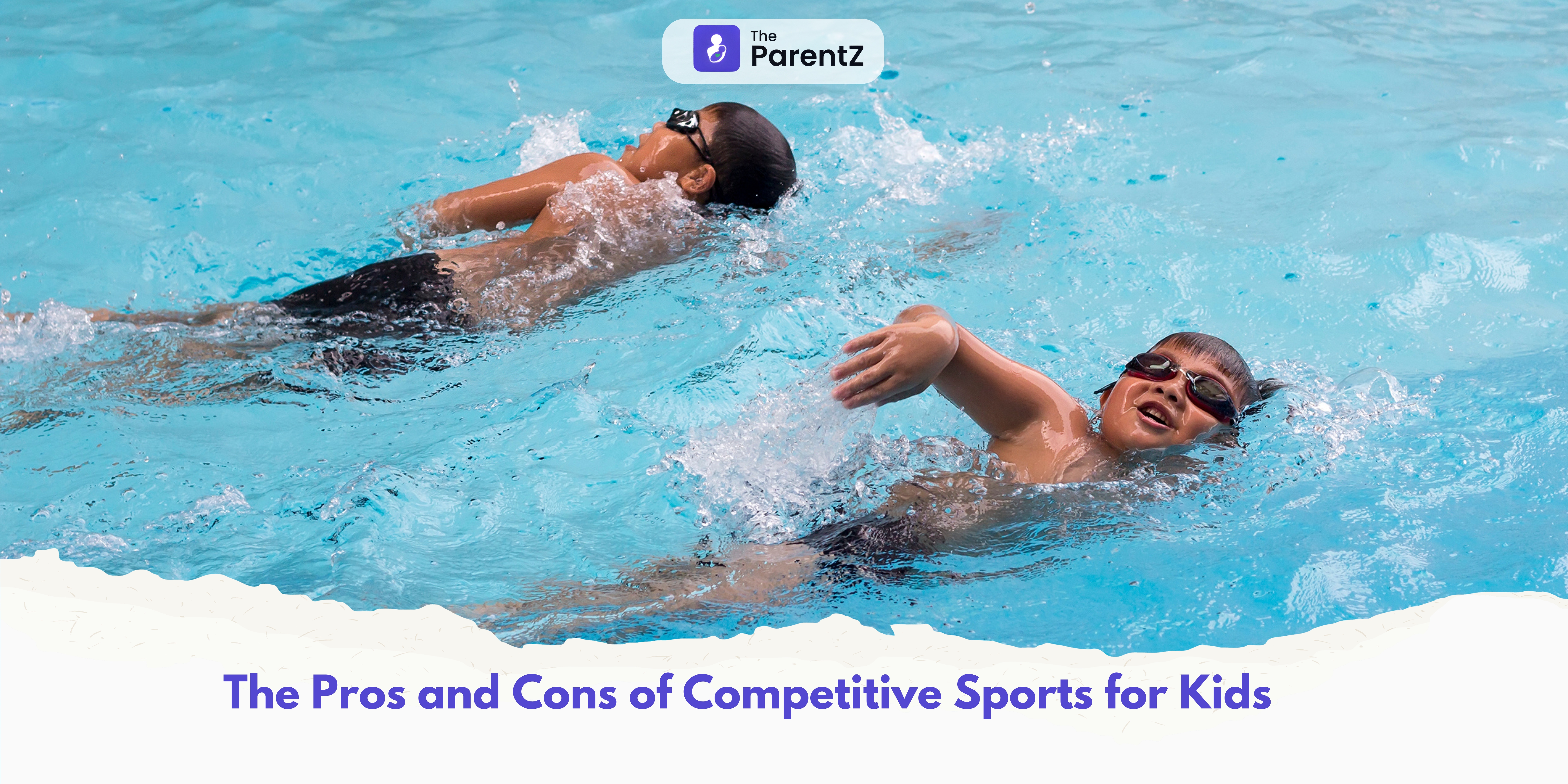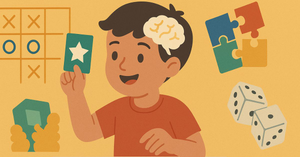Getting kids involved in competitive sports can be an exciting journey, filled with triumphs, teamwork, and valuable life lessons. However, it’s not without its challenges. From the joy of victory to the sting of defeat, the world of youth sports is a complex landscape that requires careful navigation by parents, coaches, and children alike. This article explores the benefits and drawbacks of competitive sports for kids, offering practical advice for maintaining balance and ensuring a positive experience.
The Thrill of Victory: Benefits of Competitive Sports for Kids
Competitive sports provide more than just physical activity—they offer a dynamic environment where children can develop essential life skills that will serve them far beyond the playing field.
- Physical Fitness and Well-being: Engaging in sports keeps kids physically active, boosting their cardiovascular health, increasing strength, and improving stamina. Regular exercise through sports not only enhances motor skills and coordination but also promotes a healthier lifestyle that can combat childhood obesity and foster a lifelong love for fitness.
- Teamwork and Social Connections: Competitive sports teach children how to work as part of a team, share responsibilities, and communicate effectively. The camaraderie built with teammates creates strong social bonds, instilling a sense of belonging and helping kids develop emotional intelligence.
- Discipline, Perseverance, and Goal-Setting: Sports demand practice, discipline, and focus. Whether it’s learning to dribble a basketball, perfecting a tennis serve, or mastering gymnastics routines, children learn that success doesn’t come overnight. The dedication to improving their skills helps build a strong work ethic and perseverance that they can apply to other areas of life.
- Resilience and Grace Under Pressure: In sports, winning and losing are part of the game. Children experience the joy of victory, but also the disappointment of defeat. These experiences teach them how to handle both success and failure with grace, fostering emotional resilience and the ability to bounce back from setbacks.
- Time Management and Responsibility: Balancing sports with school and other commitments encourages kids to manage their time effectively. They learn how to prioritize tasks and be responsible for maintaining a schedule that includes practices, games, and academics.
The Agony of Defeat: Drawbacks of Competitive Sports
While competitive sports can offer many positive experiences, they also come with potential downsides that parents and children need to be aware of.
- Pressure and Burnout: The pressure to perform and win can sometimes overshadow the enjoyment of the game. Children may feel overwhelmed by expectations from coaches, parents, and even themselves, leading to stress and, in extreme cases, burnout. The competitive nature of sports can transform a fun activity into a source of anxiety.
- Injuries and Physical Strain: Sports, particularly contact sports like football or soccer, come with a risk of injury. Overtraining or pushing young athletes too hard can result in sprains, fractures, or even long-term damage. Ensuring proper training techniques and adequate rest is essential to safeguard their physical health.
- Over-Competitiveness and Unhealthy Attitudes: When the focus shifts solely to winning, the fun and educational value of sports can be lost. Children may become obsessed with competition, leading to unsportsmanlike behavior, unhealthy rivalries, or an overemphasis on individual achievements instead of team collaboration.
- Time Commitment and Family Life Disruption: The demanding schedules of practices, games, and tournaments can disrupt family life. The intense time commitment required by some sports may interfere with schoolwork, family time, and other extracurricular activities, leaving children (and their parents) feeling stretched thin.
Striking a Balance: How to Navigate the World of Competitive Sports
So, how can parents help their children reap the benefits of competitive sports while minimizing the potential drawbacks? The key is striking a balance that keeps the focus on development, fun, and well-being.
- Focus on Enjoyment and Learning: Choose programs that emphasize skill development and fun rather than just winning. Encourage your child to play sports for the joy of the game and the friendships they’ll make along the way, rather than putting all the emphasis on victory.
- Monitor Physical and Emotional Well-being: Pay attention to both physical and emotional signs of strain. If your child seems overly tired, stressed, or disinterested in their sport, it might be time to re-evaluate the level of competition or ensure they are getting enough rest. Injury prevention and mental health are equally important to their overall development.
- Encourage Good Sportsmanship: Teach your child that sportsmanship is about respect—for teammates, coaches, opponents, and themselves. By focusing on sportsmanship, you’re helping them understand that winning isn’t everything, and that how they play the game is what truly matters.
- Set Realistic Goals and Expectations: Work with your child to set achievable goals, both short-term and long-term, that focus on growth and learning rather than just winning. Additionally, ensure that the entire family is on the same page about the time and effort required for their sport, and how it fits into other priorities like school and family life.
Are Some Sports Better Than Others for Kids?
Not all sports are created equal, and some may be better suited to your child’s personality, physical abilities, and interests. Here’s a look at the different types of sports and their unique benefits:
- Team Sports (e.g., Soccer, Basketball, Volleyball): These sports emphasize teamwork, communication, and collective effort. They’re ideal for children who enjoy being part of a group and thrive on social interaction. Kids learn how to work together toward a common goal, making team sports excellent for developing interpersonal skills.
- Individual Sports (e.g., Tennis, Gymnastics, Swimming): For children who prefer setting their own pace or enjoy working independently, individual sports can be highly rewarding. These sports focus on personal achievement and self-reliance, helping children build confidence as they strive to improve their personal bests.
Conclusion: A Holistic Approach to Competitive Sports
Competitive sports can be a powerful tool for fostering physical health, social skills, and character development in children, but they also come with inherent risks. The key to making competitive sports a positive experience lies in maintaining a balanced approach. Encourage your child to have fun, focus on skill-building, and enjoy the journey rather than focusing solely on winning. By paying attention to their physical and emotional well-being and fostering a healthy attitude toward competition, parents can ensure that their children not only grow into strong athletes but well-rounded individuals prepared to face life’s challenges both on and off the field.
In the end, competitive sports should be about more than just trophies and accolades—it’s about teaching kids valuable life lessons that will help them succeed long after the final whistle has blown.








Be the first one to comment on this story.